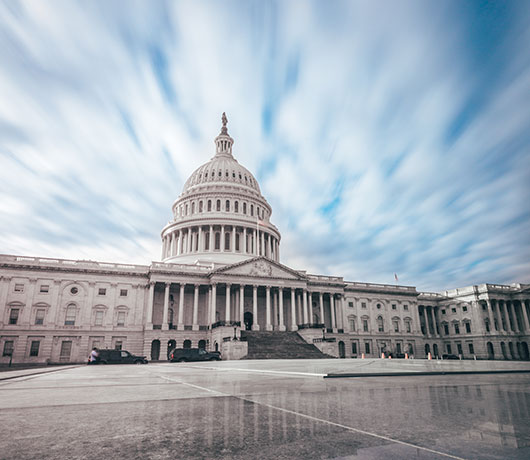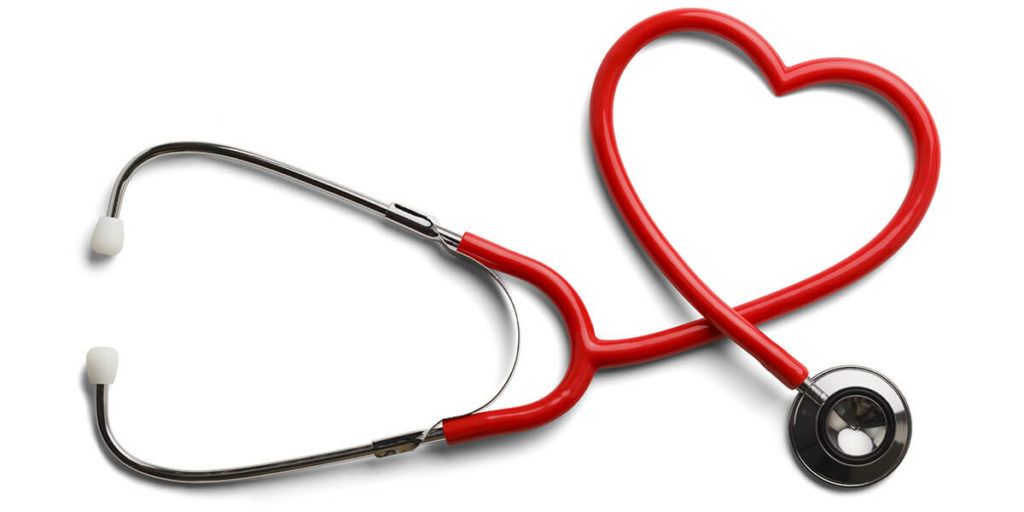North Carolina’s community health centers provide comprehensive primary medical care, including integrated dental, behavioral health, pharmacy, and enabling services, to North Carolinians in medically underserved communities without regard to their ability to pay or insurance status. In order to keep their communities healthy and well, community health centers rely on federal and state policymakers to ensure health centers and the patients they serve have ample opportunity to thrive.


To provide affordable medications and other health care services to patients, community health centers depend on a strong 340B Drug Discount Program, through which drug manufacturers provide discounted medications to safety net provider—at no cost to taxpayers.
In response to COVID-19, health centers invested in new technologies and workflows to care for their patients virtually. With a few program changes, policymakers can ensure that patients can permanently access care through their community health center despite travel distances, internet access, and ability to afford technology—both now and beyond the pandemic.
North Carolina’s health centers cared for over 270,000 uninsured patients in 2019, many of whom are caught in the coverage gap unable to afford health insurance. Covering these North Carolinians would improve health outcomes, boost the economy, and help health centers further stretch resources further to care for our state.
Today, health centers nationwide serve 30 million Americans. An increased, sustained investment in the cost-effective Health Center program will enhance access to care, reduce provider shortages, and boost local economies across North Carolina.
Members can contact Brendan Riley, Vice President of Government Relations and External Affairs.